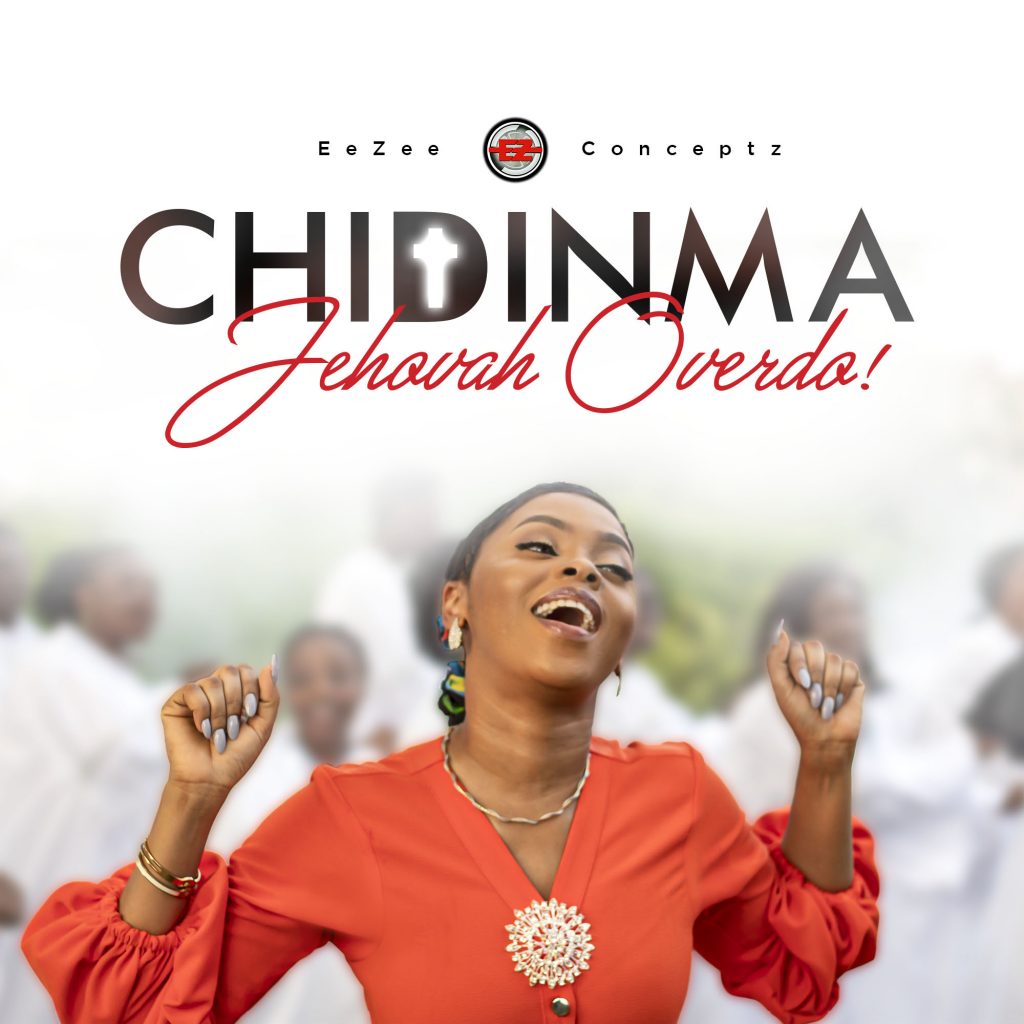This is an interview taken from a
magazine, Inside-J-Town, published in
September, 2007. The interview was conducted by Inside-J-Town’s Publisher, Yiro
Abari. The picture that appears here wasn't the picture used in 2007.
Inside J-Town Magazine sought and
found Peace FM’s reggae pistol, Pupa-J and had a short chat with him. It is
difficult to believe it is Pupa-J when you hear him speak in plain English.
Incidentally, Pupa-J happened to be an English Language graduate from the
University of Jos.
Pupa-J has inspired a lot of young J-Towners
into speaking the Jamaican street language. This is how our discussion went:
What is the meaning of your name,
Pupa-J
“Pupa” means father. In
plain language we would have said Father-J, but in patois we say, Pupa-J. When
Dancehall came out, there was competition among the fans, and every Dancehall “posse”
was trying to device a stage name that asserts his prominence. So I chose
“Pupa-J” or “Father-J”
I have been your fan for a very long
time, which is … (cut in)
First of all, I have to
say thank you for that.
As I was saying, you came to my mind
first because I happened to be a fan of yours. How did you learn patois?
It is, in a way,
God-inspired. I have an elder sister that loves Reggae music. She used to play
Ginger Williams, Eric Donaldson, Bob Marley and the likes. I used to listen to
hers songs, enjoying the base line, the rhythm piano and the drums. Later, in
secondary school, St. Joseph College Vom, we used to have what was known as the
Reggae Night during the weekends with Morris Suwa (who was my senior at the
college) as the patron. At that time we
used to play artists like Yellow Man, Peter Metro and the likes. It was a time
when Dancehall was just emerging. Suddenly, the whole thing was revealed to me.
St. Joseph College Vom is always
associated with patois speaking. Morris Suwa, Steary-J and stranger are all
ex-students of St. Joseph College.
Like I said before,
every weekend we used to have Social Night. Some students would prefer to go to
the Drama Club. Others would prefer to go to the Reggae Night. Morris Suwa, who
was our senior, would be in-charge and speaking in patois.
So, he was the only one who knew
patois at the time.
His set started it.
There were other colleagues of his who were also patois speakers at the time. Among
them were Paulinus Ayante, late Boniface Agyobo (Tevez) and one other guy whose
name I have forgotten. From then it became a culture, percolating down to later
sets in the school.
Where you looking forward to becoming
a DJ?
I never ever knew I
would become a DJ in my life.
When did you become a DJ?
In 1992.
Currently, that makes you the second
oldest Reggae DJ, after Sogio Malik?
Yes.
So, how did you become a DJ?
There was an
auditioning. I took part and did well. Then the Assistant Director of Programs
at the time, Patricia Bala, introduced me to Morris Suwa. He and I started sparring.
What is sparring?
It means co-presenting.
It was how I was initiated to become independent. My first program was Skanky Rub-a-Dub.
How did the idea of a reggae version
of Top of the Morning came about? Did you suggest it to the authorities?
No?
How did it happen?
The programs department
just decided on it. The Program Director, Jeptha Jakdel, called me and told me
about it.
You seem so disciplined. Where did you imbibe that? I have noticed
that you don’t ever start your program late. You are always dot on the spot, and
Steary-J is always coming later. Do you two plan it that way?
I respect punctuality.
If you are doing something, just go ahead and do it right. If for any reason I
am not going to be around, I call and tell the authorities in good time.
In some countries, DJs make a living
out of the profession. Can you say that it is the case here?
It boils down to
interest. If you love what you are doing, you will find fulfillment regardless
of the little money it brings. If I were to become the Governor of the Central Bank
but derive no pleasure in doing my work, I still would have no zeal in doing
the job.
Do you sometimes record yours shows
for keeps?
Oh yes! Otherwise, I
will be a liar to be children.
Is it possible to come to the studio
and sometimes play an old edition of the show?
No. We are not allowed
to do that. It has to be live. They old edition would perhaps become necessary
when you have given up the ghost and the news is being carried.
Do you know you are a star?
By the grace of God, if
you say so.
Thank you.
My message to the
youths.
Go ahead.
The youths should know
that education is a vital weapon that does not destroy but strengthens the
individual and society. The government should stretch its tentacles to the
ghettos where there are talents that could be used for development in different
respects, but where, at the same time, there is no financial support to develop
the talents.
Thank you.
You are welcome.




